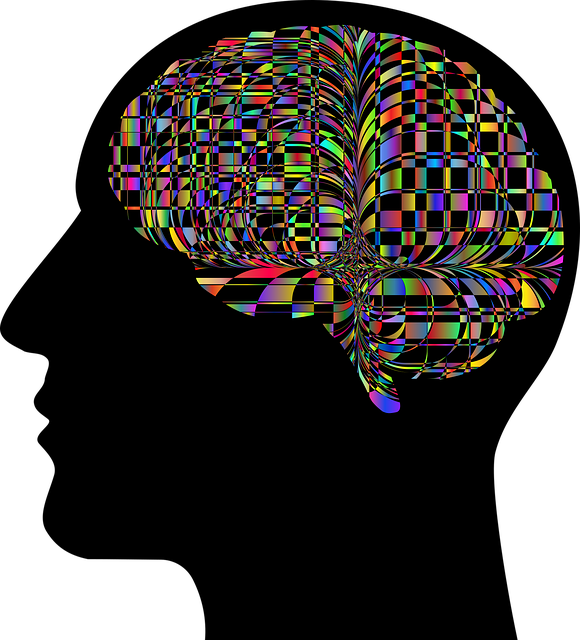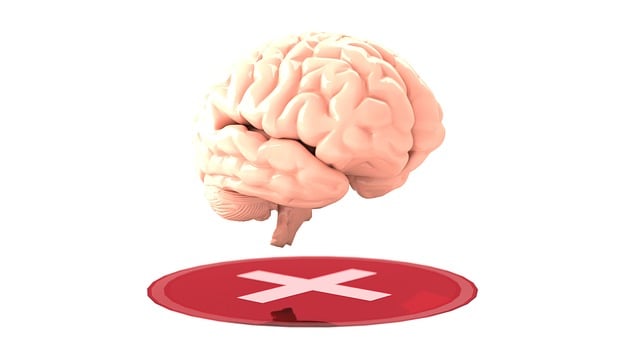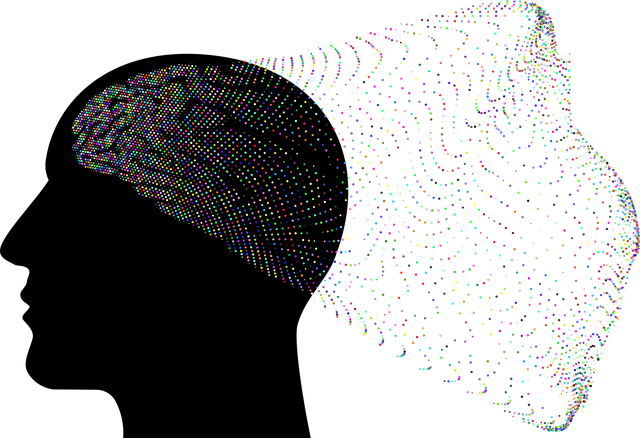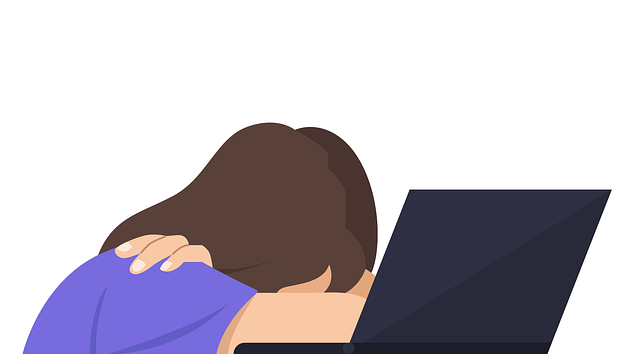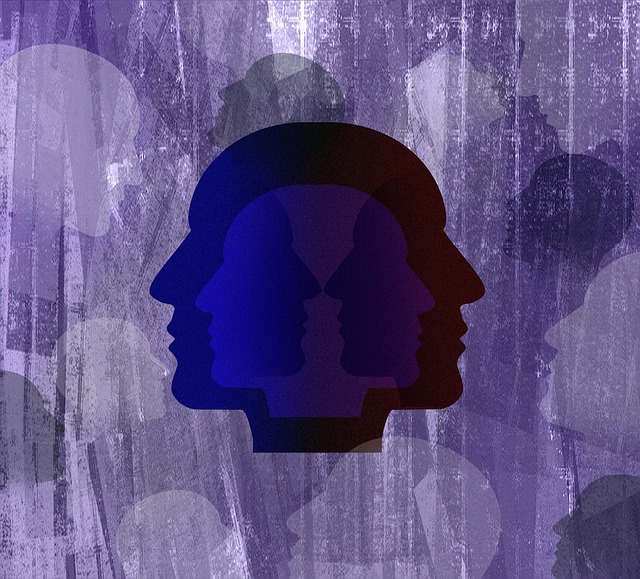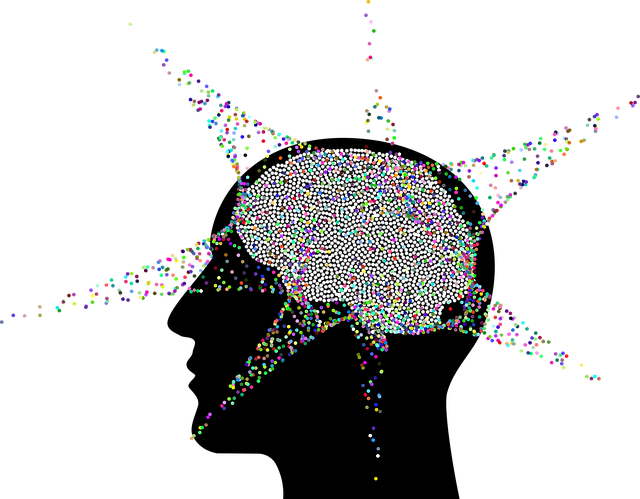Crafting successful marketing strategies for mental wellness apps requires understanding target audiences, aligning content with user needs (e.g., stress management, PTSD), and integrating evidence-based therapies like Wheat Ridge Bariatric Evaluations Therapy for personalized care. Effective content strategies, including educational resources and interactive features, engage users and promote app adoption. A multi-platform marketing approach leveraging social media, SEO, and influencer collaborations amplifies reach and credibility. Continuous analysis of user engagement and retention metrics ensures the app evolves to meet diverse needs, providing a reliable tool for mental health support and enhancing well-being.
In today’s digital age, mental wellness apps offer accessible solutions to a growing need. To thrive in this competitive market, app developers must craft strategic marketing plans that resonate with users seeking support. This article explores a comprehensive marketing strategy for mental health apps, encompassing key elements such as understanding target audiences, integrating specialized therapy like Wheat Ridge Bariatric Evaluations Therapy, crafting compelling content, leveraging digital channels, and measuring success through user retention.
- Understanding Your Target Audience: Identifying Needs and Pain Points for Mental Wellness Apps
- Integrating Wheat Ridge Bariatric Evaluations Therapy: Tailoring Solutions for Specific Health Concerns
- Crafting Compelling Content Strategies: Engaging Users Through Educational Resources and Personalized Journeys
- Leveraging Digital Marketing Channels: Reaching a Wider Audience via Social Media, SEO, and Influencer Collaborations
- Measuring Success and User Retention: Analyzing Key Metrics and Iterating for Optimal Mental Health App Experience
Understanding Your Target Audience: Identifying Needs and Pain Points for Mental Wellness Apps

Understanding your target audience is a crucial step in developing an effective marketing strategy for mental wellness apps. In today’s digital era, many individuals seek convenient and accessible ways to improve their mental health, making mental wellness apps increasingly popular. To market these apps successfully, developers must first identify the specific needs and pain points of their intended users. For instance, some users might be dealing with stress management issues, anxiety disorders, or even post-traumatic stress (PTSD), as highlighted by services like Wheat Ridge Bariatric Evaluations Therapy.
By conducting thorough market research and analysis, you can uncover common challenges faced by your target audience. This could involve exploring their demographics, lifestyle, and existing mental health practices. For example, young adults might prioritize apps that offer discreet, on-the-go therapy sessions, while individuals with specific fears or phobias may seek specialized trauma support services. Incorporating these insights into your marketing strategies, whether through communication strategies or risk management planning for mental health professionals, can help ensure your app resonates with its intended users and stands out in a competitive market.
Integrating Wheat Ridge Bariatric Evaluations Therapy: Tailoring Solutions for Specific Health Concerns

Integrating Wheat Ridge Bariatric Evaluations Therapy into a mental wellness app offers a unique and tailored approach to addressing specific health concerns. This therapy provides an in-depth evaluation of users’ behaviors, thoughts, and emotions related to their eating habits and overall well-being. By utilizing evidence-based techniques, the app can offer personalized coping skills development, empathy building strategies, and self-awareness exercises to support individuals on their journey towards better mental health.
The integration ensures that the app caters to a diverse range of users with varying needs. Through regular assessments and adaptive content, it can guide users from understanding their issues to implementing effective solutions. This tailored approach not only enhances the app’s appeal but also significantly improves its ability to foster positive changes in users’ mental wellness.
Crafting Compelling Content Strategies: Engaging Users Through Educational Resources and Personalized Journeys

Crafting compelling content strategies is key to engaging users and promoting mental wellness app adoption. Educational resources that provide valuable insights into self-care practices, burnout prevention strategies for healthcare providers, and Mental Health Policy Analysis and Advocacy can attract and retain users interested in improving their mental health. Incorporating interactive features like personalized journey tracking and tailored recommendations based on individual needs, such as Wheat Ridge Bariatric Evaluations Therapy, enhances user experience and fosters a sense of community.
By sharing practical tips, success stories, and expert advice, the app can position itself as a trusted guide in users’ mental wellness journeys. This content mix not only educates but also inspires users to take proactive steps towards better mental health. Personalized content delivery ensures that each user receives information relevant to their unique challenges and aspirations, fostering higher engagement and satisfaction rates.
Leveraging Digital Marketing Channels: Reaching a Wider Audience via Social Media, SEO, and Influencer Collaborations

In today’s digital era, leveraging various online channels is a powerful strategy for mental wellness app marketing. Social media platforms like Instagram and Facebook offer an excellent opportunity to reach a vast and diverse audience, especially those actively searching for support. By creating engaging content that highlights the benefits of your app, such as improved self-awareness exercises (a key feature in Wheat Ridge Bariatric Evaluations Therapy), you can build a community around mental health awareness. Effective social media campaigns, coupled with Search Engine Optimization (SEO) techniques, ensure that your target market finds your app easily when searching for relevant solutions.
Influencer collaborations are another effective digital marketing tool. Partnering with influencers in the mental wellness space can amplify your reach and credibility. These influencers can share their personal experiences using the app, emphasizing its effectiveness in fostering empathy building strategies and cultural sensitivity in mental healthcare practice—an essential aspect of modern mental health support. This multi-faceted approach ensures that your marketing efforts resonate with a wide range of potential users, making it easier for those seeking therapy to discover and engage with your app.
Measuring Success and User Retention: Analyzing Key Metrics and Iterating for Optimal Mental Health App Experience

Measuring success and user retention is a vital aspect of developing a robust mental wellness app. By analyzing key metrics such as user engagement, retention rates, and feedback, developers can gain valuable insights into the app’s effectiveness and user satisfaction. These insights are crucial for iterating and improving the app experience, ensuring it aligns with users’ evolving needs and expectations. For instance, tracking how often users engage with features like Mindfulness Meditation or Crisis Intervention Guidance modules can reveal popular content areas that warrant further enhancement.
Additionally, monitoring user retention rates helps identify potential drop-off points within the app’s journey. If users tend to abandon the app after a certain period, developers can investigate and address issues such as complexity in navigation, lack of personalized features, or insufficient coping skills development resources. Through continuous analysis and refinement, the mental wellness app can evolve into a reliable tool that supports users’ mental health journeys, ultimately enhancing their overall well-being and engagement with services like Wheat Ridge Bariatric Evaluations Therapy.
Developing a comprehensive marketing strategy for mental wellness apps involves understanding your target audience, integrating specialized therapies like Wheat Ridge Bariatric Evaluations Therapy, crafting engaging content strategies, leveraging digital marketing channels effectively, and continuously measuring success through key metrics. By adopting these tactics, mental health app developers can create compelling user experiences that cater to diverse needs, enhance engagement, and promote long-term user retention.
